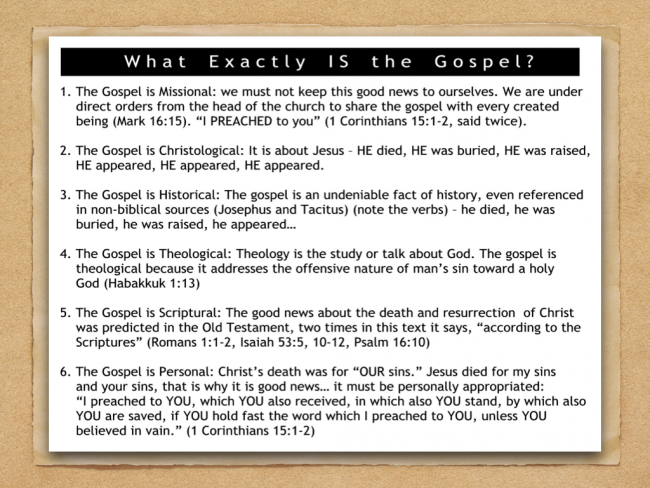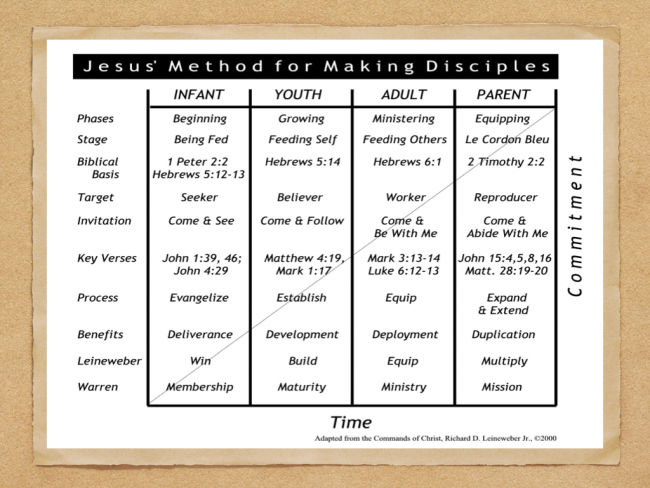The Bible gives many directives for the words we use in communicating with others. The following are Ten Commandments that reflect fundamental principles of godly communication.
- Your words are to be truthful: “The LORD detests lying lips, but he delights in men who are truthful” (Proverbs 12:22).
- Your words are to be pleasing to God: “May the words of my mouth and the meditations of my heart be pleasing in your sight” (Psalm 19:14).
- Your words are to be life-giving: “The tongue has the power of life and death” (Proverbs 18:21).
- Your words are to be encouraging: “Encourage one another and build each other up, just as in fact you are doing” (1 Thessalonians 5:11).
- Your words are to be gracious: “Words from a wise man’s mouth are gracious, but a fool is consumed by his own lips” (Ecclesiastes 10:12).
- Your words are to be wise: “Wisdom is found on the lips of the discerning, but a rod is for the back of him who lacks judgment” (Proverbs 10:13).
- Your words are to be few: “When words are many, sin is not absent, but he who holds his tongue is wise” (Proverbs 10:19).
- Your words are to be timely: “A man finds joy in giving an apt reply—and how good is a timely word!” (Proverbs 15:23).
- Your words are to be an investment: “From the fruit of his lips a man is filled with good things as surely as the work of his hands rewards him” (Proverbs 12:14).
- Your words are to be loving: “If I speak in the tongues of men and of angels, but have not love, I am only a resounding gong or a clanging cymbal” (1 Corinthians 13:1).
This series is largely based on my reading of Hunt, J. (2008). Biblical Counseling Keys on Communication: The Heart of the Matter. Dallas, TX: Hope For The Heart

